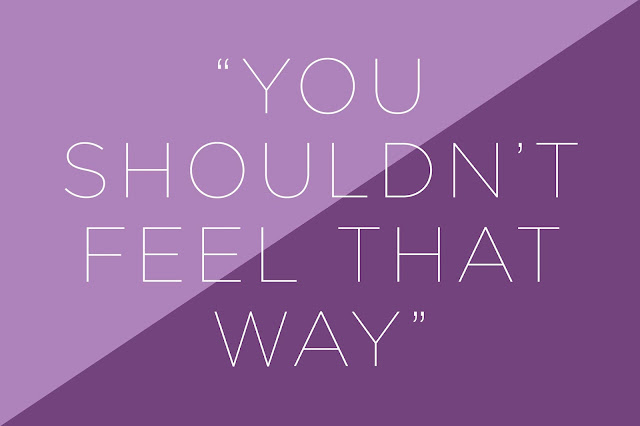Thinking of taking bitter melon to help treat diabetes? Read this first.
In tropical areas from China, Asia, and Africa to the Caribbean and South America, bitter melon is both a food and a medicine. Unripe, its fruit resembles a warty, green cucumber that gradually turns orange with bright red edible seeds as it matures. Despite an exceedingly bitter taste, the fruits and sometimes the leaves are widely used in a variety of ethnic dishes. Bitter melon is a major constituent of the Okinawan diet and, some say, is key to the renowned longevity of the Japanese island people. Modern research has largely focused on its potential for treating diabetes.
How Bitter Melon Works
Although the human evidence is not yet strong, laboratory studies show that bitter melon has a hypoglycemic (blood glucose-lowering) action, and helps to control insulin levels. The constituents thought to be responsible for this action are charantin, plus alkaloids and peptides that mimic insulin. They may also trigger the production of a protein that encourages glucose uptake in the body.In addition, charantin appears to stimulate the growth of pancreatic beta cells, which produce insulin. In type 1 diabetes, the immune system destroys beta cells; in other types of diabetes the functioning of beta cells is impaired.
Laboratory studies support other traditional uses of bitter melon, suggesting that different constituents have antiviral and antibacterial properties that might help to treat disorders including salmonella and E. coli infections, herpes and HIV viruses, malaria, and parasitic worms. An extract of bitter melon proteins is claimed to inhibit prostate tumor growth and a number of in vitro studies suggest it may have potential for combating other cancers and leukemia.
















